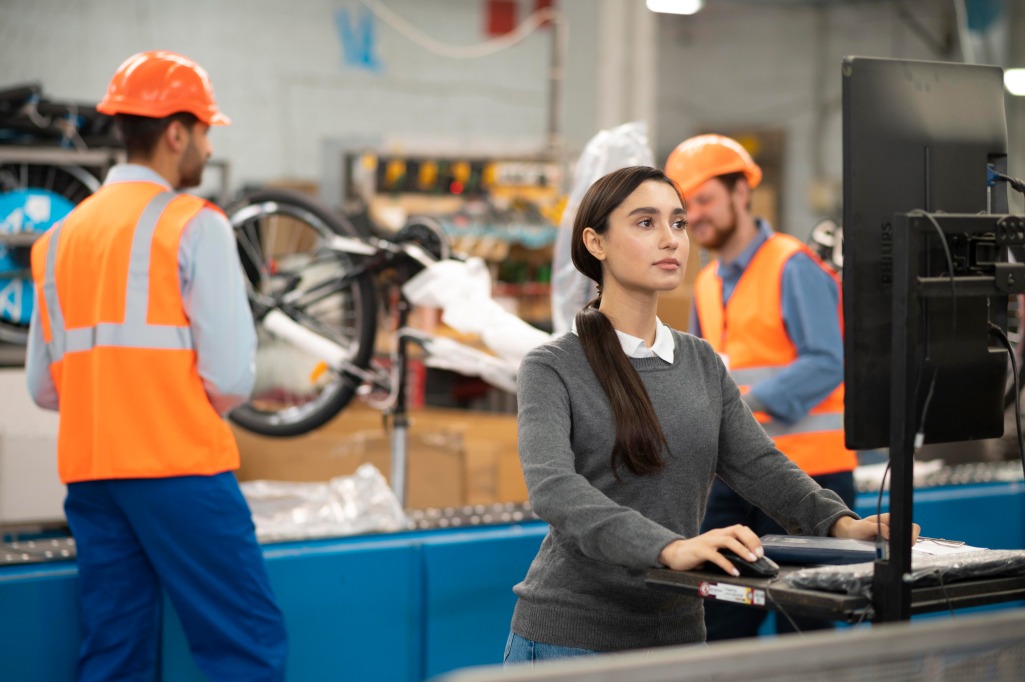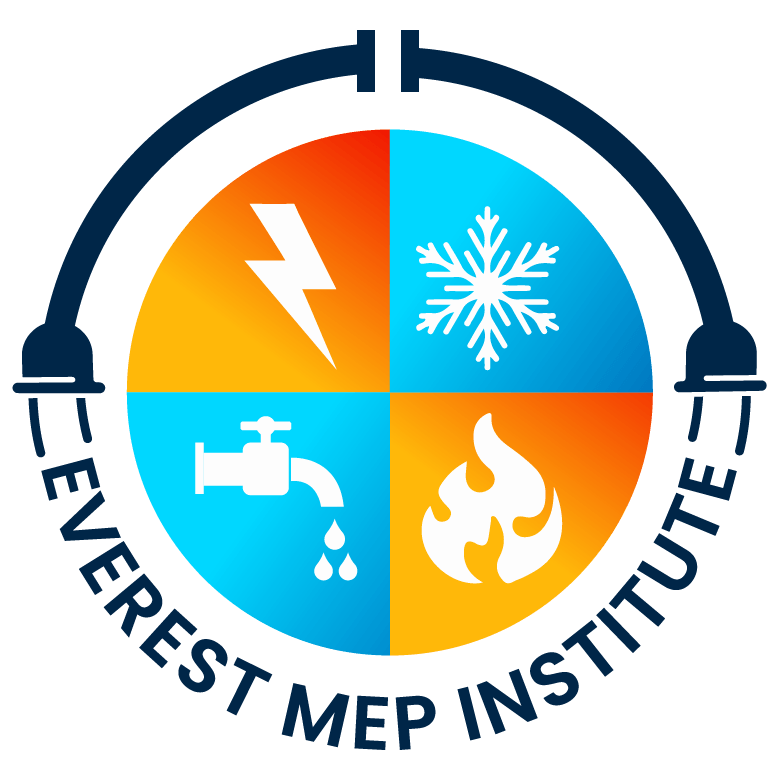Industry Trends in MEP Engineering Training
Hamza
January 22, 2024

Embracing Digital Transformation in MEP Engineering Training
In the rapidly evolving landscape of MEP (Mechanical, Electrical, and Plumbing) engineering, one of the prominent trends is the widespread adoption of digital tools and technologies in training programs. Traditional training methods are giving way to immersive digital experiences, enabling engineers to stay abreast of the latest advancements in their field.
Gone are the days when MEP engineering training relied solely on textbooks and classroom lectures. The industry is now witnessing a paradigm shift towards digital transformation, with a plethora of tools and platforms designed to enhance the learning experience. Virtual reality (VR) and augmented reality (AR) simulations are becoming integral components of MEP training, allowing engineers to interact with virtual building systems and gain practical insights into complex designs.
Digital platforms also facilitate remote learning, making it easier for professionals to access training modules from anywhere in the world. Online courses, webinars, and interactive tutorials are becoming increasingly popular, offering flexibility and convenience. As the industry continues to embrace these technological advancements, MEP engineers can expect a more dynamic and engaging learning experience, ultimately leading to better-equipped professionals ready to tackle the challenges of modern building systems.
Sustainability Integration in MEP Engineering Training
In response to the global push for sustainable practices, another notable trend in MEP engineering training is the increased emphasis on sustainability integration. With a growing awareness of the environmental impact of building systems, MEP professionals are seeking training that equips them with the knowledge and skills to design and implement sustainable solutions.
Sustainability is no longer a buzzword but a fundamental consideration in MEP engineering. Training programs are incorporating modules on energy-efficient systems, renewable energy integration, and green building standards. Engineers are learning how to optimize HVAC systems for energy conservation, implement smart lighting solutions, and incorporate water-saving measures in plumbing designs.
Moreover, sustainable design principles are being integrated into the core curriculum, ensuring that future MEP engineers are well-versed in the latest green building codes and certifications. As the industry moves towards a more eco-friendly approach, MEP engineering training plays a pivotal role in shaping professionals who can contribute to the development of sustainable and environmentally conscious building infrastructures.
In conclusion, the convergence of digital transformation and sustainability integration in MEP engineering training reflects the industry’s commitment to staying at the forefront of technological advancements and addressing the pressing need for environmentally responsible practices. As professionals continue to upskill and adapt to these trends, the future of MEP engineering looks promising, with a workforce well-prepared to meet the challenges of an ever-changing and demanding built environment.
